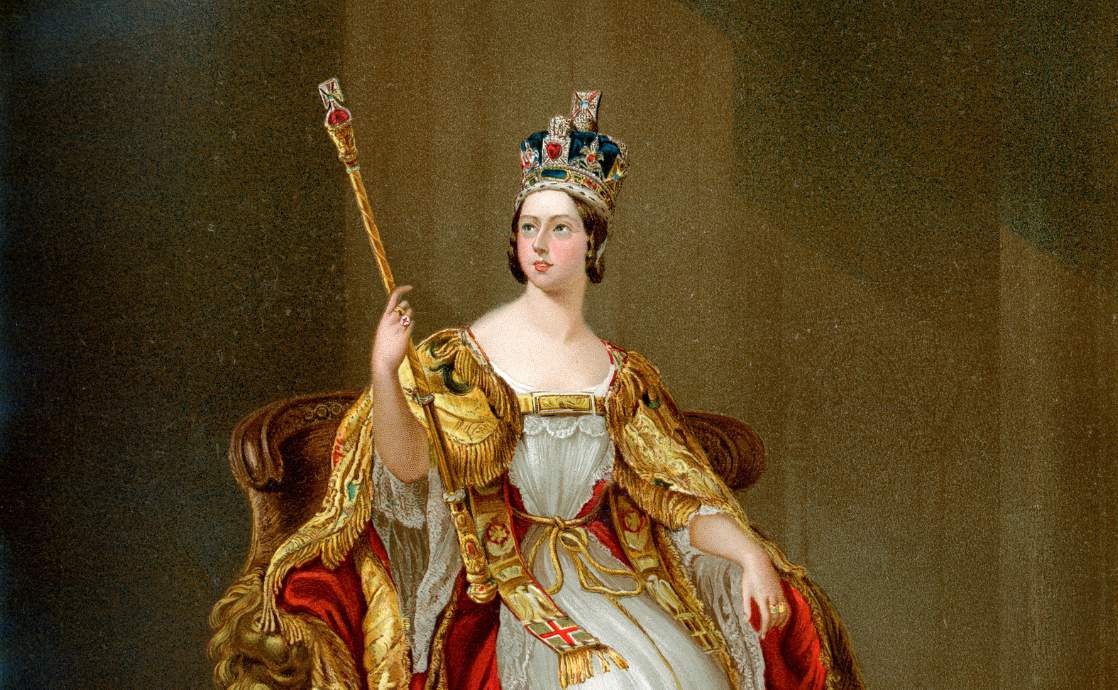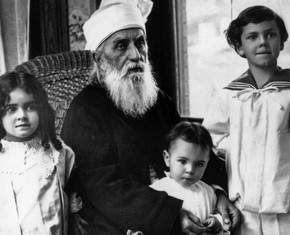The views expressed in our content reflect individual perspectives and do not represent the authoritative views of the Baha'i Faith.
Baha’u’llah’s tablets to the kings and rulers clearly show that many monarchs failed to live up to his just, peaceful standards – but did he see a place for monarchs in the future world order he envisioned?
Yes – Baha’u’llah actually encouraged the combination of kingship and a democratic republic, a form of government now known as a constitutional monarchy. He wrote:
Although a republican form of government profiteth all the peoples of the world, yet the majesty of kingship is one of the signs of God. We do not wish that the countries of the world should remain deprived thereof. If the sagacious combine the two forms into one, great will be their reward in the presence of God.
RELATED: Is There a Place for Monarchy in the Baha’i World View?
Several of these constitutional monarchies exist today, including in the United Kingdom and in many European nations. In most cases, those monarchs have little or no political power. Baha’u’llah did not lay out how power should be shared between a monarch and a democratically-elected government, nor did he declare that this form of government is the only effective one – but he did specify his standards for how monarchs should act.
The Baha’i Standards for Royal Behavior
In defining how monarchs and their governments must act, Baha’u’llah wrote this explanation to the Shah of Persia:
A just king is the shadow of God on earth. All should seek shelter under the shadow of his justice, and rest in the shade of his favour. This is not a matter which is either specific or limited in its scope, that it might be restricted to one or another person, inasmuch as the shadow telleth of the One Who casteth it.
So how does a just monarch act? Baha’u’llah explained:
O kings of the earth! We see you increasing every year your expenditures, and laying the burden thereof on your subjects. This, verily, is wholly and grossly unjust … Beware lest your rule violate the commandments of God, and ye deliver your wards to the hands of the robber. …
Beware not to deal unjustly with anyone that appealeth to you, and entereth beneath your shadow. Walk ye in the fear of God, and be ye of them that lead a godly life. …
Know ye that the poor are the trust of God in your midst. Watch that ye betray not His trust, that ye deal not unjustly with them and that ye walk not in the ways of the treacherous.
Baha’u’llah also made this request to all of the rulers of his day, which applies now and in the future:
Examine Our Cause, inquire into the things that have befallen Us, and decide justly between Us and Our enemies, and be ye of them that act equitably towards their neighbor. If ye stay not the hand of the oppressor, if ye fail to safeguard the rights of the downtrodden, what right have ye then to vaunt yourselves among men?
Finally, he warned all monarchs of the consequences of failing to live up to his standards:
If ye pay no heed unto the counsels which, in peerless and unequivocal language, We have revealed in this Tablet, Divine chastisement shall assail you from every direction, and the sentence of His justice shall be pronounced against you.
Among the monarchs Baha’u’llah addressed directly are Napoleon III, Czar Alexander III, Queen Victoria, Nasiri’d-Din-Shah of Iran, Sultan Abdu’l Aziz of the Ottoman Empire, Kaiser Wilhelm I of Germany, and Pope Pius IX. His warnings to them, in hindsight, now seem highly prophetic.
When Baha’u’llah addressed a tablet to him in 1869, Pius IX was the ruler of the Papal States. In 1870, the forces of King Victor Emanuel entered Rome, completing the seizure of the Papal States, and left the Pope ruling only Vatican City.
The last Russian Czar, Nicholas II, was murdered along with his family during the Russian Revolution, which overthrew that country’s long-established monarchy.
Sultan Abdu’l Aziz was deposed by his ministers in 1876 and found dead five days later; he was either murdered or died by suicide.
Nasiri’d Din Shah was assassinated in 1896.
The short-lived German monarchy ended with the abdication of Kaiser Wilhelm II after Germany’s defeat in World War I.
RELATED: A Stunning Trumpet Blast: Baha’u’llah’s Letters to the Kings
Of course, no empirical evidence exists that links the demise or survival of any monarchy or monarch to divine actions. Scholars have written libraries of astute analysis linking the rise and fall of various monarchies to cultural, social, political, and economic forces. From a Baha’i point of view, which does not negate those explanations for historical events, these events are also affected by the hidden influence of God and his messengers in the world.
Baha’u’llah set forth the basic requirements to be a king or queen – what his writings refer to as God’s “shadow amongst men:”
Nay! By Him Who holdeth in His grasp the kingdom of the entire creation! Nowhere doth your true and abiding glory reside except in your firm adherence unto the precepts of God, your wholehearted observance of His laws, your resolution to see that they do not remain unenforced, and to pursue steadfastly the right course.
If any monarch should meet such exalted standards, we could justly declare: “God save the Queen.”
















Comments
Sign in or create an account
Continue with Googleor